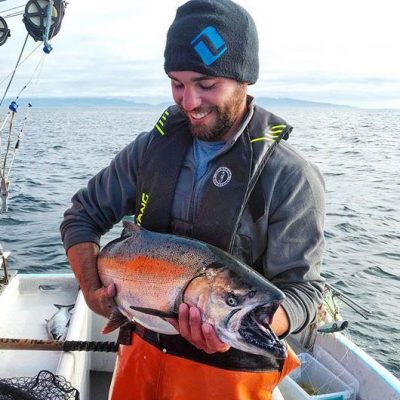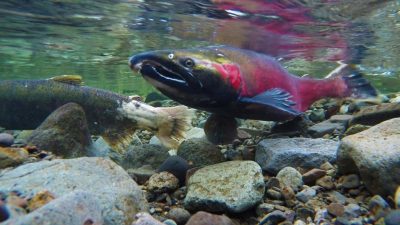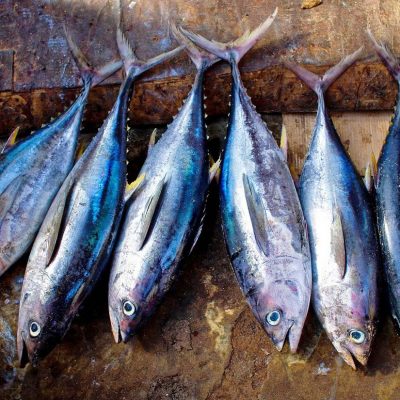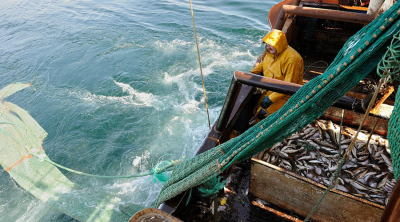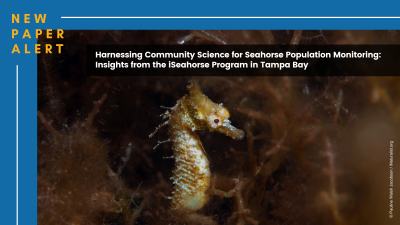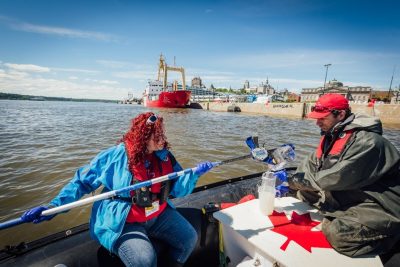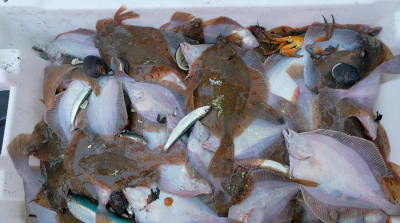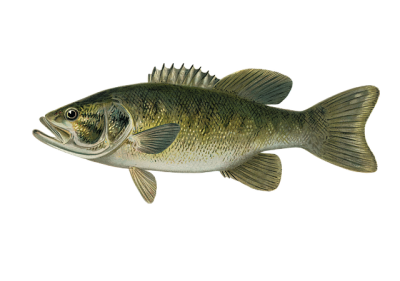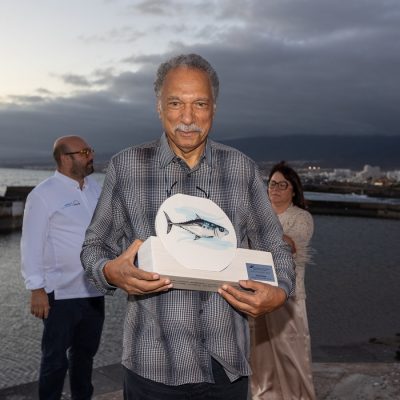When the ocean changes the rules for Wild Salmon
One of the threats salmon face has a deceptively gentle name: thiamine deficiency complex.
The future of Pacific salmon: Community dialogues underscore the urgent need for collaborative restoration
Thirteen public meetings to gather knowledge from local and Indigenous communities in support of salmon rebuilding and recovery in the Pacific Northwest.
Fisheries disrupt balance of marine nutrients in countries’ Exclusive Economic Zones
The 4 billion tonnes of marine organisms that global fisheries extracted from the ocean between 1960 and 2018 resulted in the depletion of over 560 million tonnes of essential nutrients vital to ecosystem health.
Project Seahorse’s new study highlights the value of community science for seahorse monitoring and conservation
“Harnessing Community Science for Seahorse Population Monitoring: Insights from the iSeahorse Program in Tampa Bay” was published in Aquatic Conservation: Marine and Freshwater Ecosystems. The study showcases the important role of community science in monitoring seahorse populations to support conservation efforts.
Using environmental DNA to map biodiversity across Canada’s three oceans
The ability to detect the distribution of not only widespread, but also rare and endangered, species using eDNA allows researchers to identify critical habitats and biodiverse areas requiring protection.
Fisheries Research Overestimates Fish Stocks
As the abundance of global fish populations continues to deteriorate, top fisheries researchers are calling for simpler yet more accurate stock assessment models that avoid overly optimistic scientific advice, which ends up encouraging overfishing.
Reconstruction of Freshwater Fisheries Catches: Canada, Minnesota (USA), and ASEAN Countries
New Fisheries Centre Research Report just released, from Sea Around Us.
Daniel Pauly receives 2024 Sartún Award
During the 2024 Meeting of the Seas held in Tenerife, Spain, Dr. Daniel Pauly, was granted the Sartún Award, in recognition of his +40-year career working for the protection of the global ocean.
Unilateral efforts to combat illegal fishing may spur piracy in certain regions
Certain policies and policing measures taken by countries to combat illegal, unreported and unregulated (IUU) fishing drive local actors to engage in piracy, new Sea Around Us research has found.
